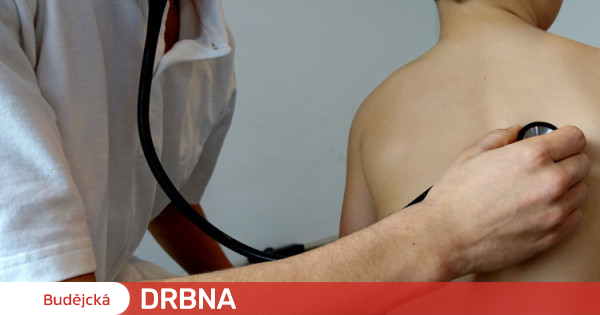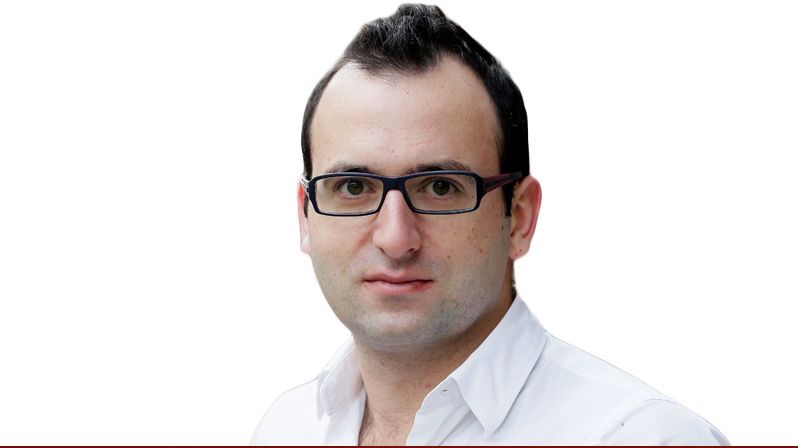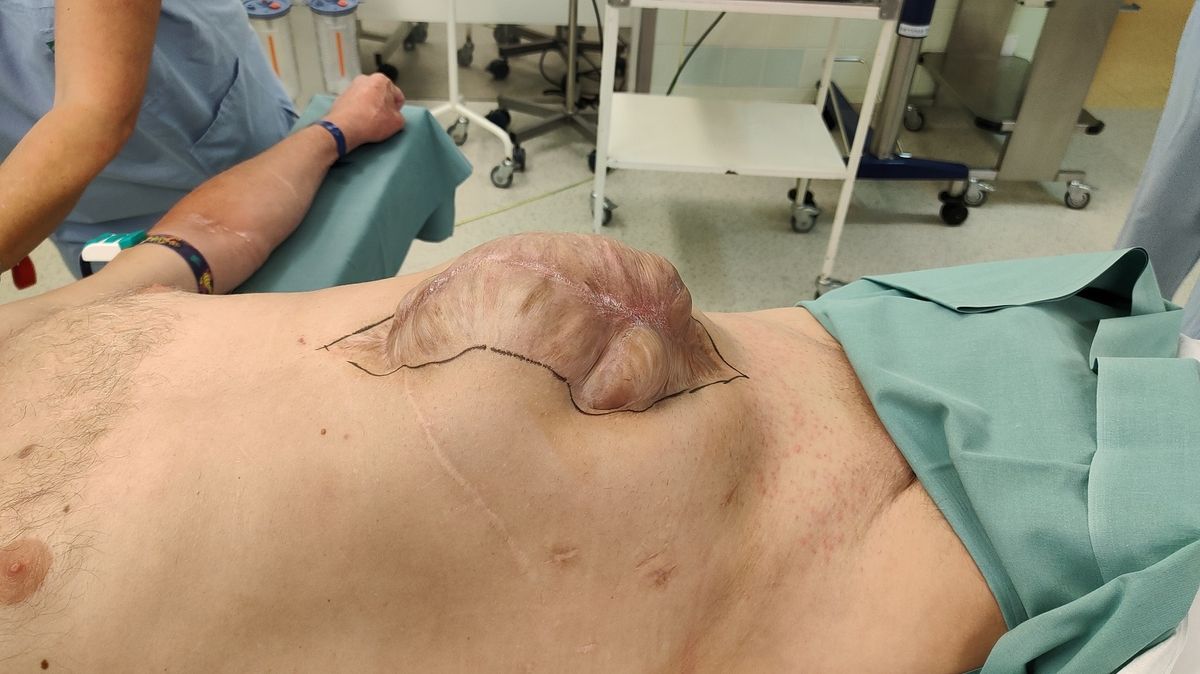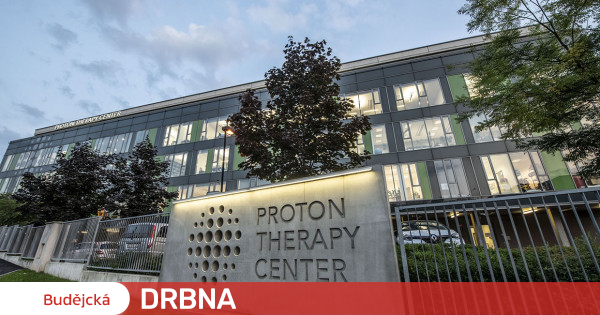The new theme of the series How to live in the Czech Republic maps out how Czech society views healthcare. 85 percent of them feel there is a shortage of dentists, according to them practitioners and pediatricians are also lacking.
Most Czech Republic residents are satisfied with the level of the domestic healthcare system, and based on their overall assessment, nearly two-thirds of them view it as very positive (13%) or positive (51%).
However, as can be seen below, there are significant differences in ratings based on education, income, and region. Overall, college students are the most satisfied group with the health care system (76% of them view it positively), and satisfaction with the health care system also decreases as the level of education attained decreases. Therefore, the group most dissatisfied are those with basic education or teaching certificates (55% view health services positively). This follows a survey that agency Ipsos conducted for Seznam Zpravy.
The link between health status and education appears to be important, according to periodic investigations carried out by the Czech Statistical Office. People with primary education often describe their health as worse. College students, on the other hand, prefer better grades. In general, it can be said that the higher the education, the better the assessment of the state of health.
This is very similar to perceptions of service level or overall satisfaction with health services.
Income level also influences perceptions of health and evaluation of health services. The higher it is, the more positively the respondents assess their health.
Residents of the Karlovy Vary region have the worst perception of health services (almost 50%), and this is no doubt due to the lack of health facilities in the area. Communities in Central Moravia (Olomouc and Zlín Regions) and Moravia-Silesia Region were exposed to a much worse living environment over a long period of time, leading to more frequent respiratory illnesses and requiring more frequent visits to the doctor’s office or hospitalization, but dissatisfaction with the health care system was only higher in the Olomouc Region (at 40%). This is followed by the Ústecký region, where there is also around forty percent dissatisfaction with the healthcare system.
When asked in the Ipsos survey whether Czech citizens would be willing to travel to more remote health facilities for better care, half (52%) said yes. Conversely, 42 percent of people do not want to travel to other facilities.
The number of dentists is still lacking
So far, the Czech public feels the most about the shortage of dentists (85% of respondents). In the survey, the community also stated that there was a shortage of practitioners for both children and adults, psychiatrists (and psychologists – although these are not medical professions). For all these specialties, most people feel a lack.
In a graph, a switch legend can be used to display a rating when people rate enough doctors.
Czechs feel a shortage of dentists in all areas, mostly in Vysočina (93%). Across all regions, more than 80 percent of respondents felt there was a shortage.
Long waiting time
Czech society also considers long waiting times at specialist doctors to be a big problem. Only two percent of respondents considered the waiting time to be very short or brief, while about one fifth of the public considered it sufficient. The rest, which is about 75 percent, consider it too long.
The understanding of age groups is interesting, with dissatisfaction with long waiting times being more pronounced between the ages of 18 and 44 years. However, the differences are not that large, and overall it can be said that there is considerable dissatisfaction with waiting times across age groups.
In terms of willingness to pay extra for better medical care or to travel longer distances, Czech society is divided two and two. 46 percent of them were willing to pay extra, while 47 percent said they were not willing.
Only a minority of people are willing to pay bribes, for example for priority surgeries or spa requests. Czechs don’t want to pay bribes even to get better overall care. Overall, about three-quarters of people refuse to pay bribes. Less than a fifth of people expressed a willingness to pay bribes.
The majority of respondents (94%) stated that they had never met a doctor who asked for a bribe.
However, there are significant differences between generations in terms of willingness to pay bribes. Young people aged 18-34 years are significantly more willing to pay bribes than other generations for all three options studied (generally better service, priority surgery, and request spa).
From the age of 35 and over, this will decreases significantly. For example, 11 percent of the population aged 55-65 are willing to pay bribes to get better services, but youth between the ages of 25 and 34 indicate almost three times that (31%). It is conceivable whether the younger generation accurately distinguishes between higher pay and bribes, and it is possible that they understand the term bribe as an above-standard payment.
Representative study of the Czech Republic population over 18 years of age, data collection 2–6 June 2023, Ipsos Populace.cz online panel data collection tool. A total of 1034 respondents participated in this study.
How to live in the Czech Republic
Photo: News List
News List Series.
Seznam News goes to cities and towns to find out how you live in the Czech Republic. We are interested in how you cope with rising prices, your way of life, what job opportunities you have. The year-long project is based on internal data from the IPSOS data and survey team.
you want to join this project How to live in the Czech Republic connect? Let us know where you’re having trouble. Email your tips to: pribehy@sz.cz.

“Certified bacon geek. Evil social media fanatic. Music practitioner. Communicator.”







